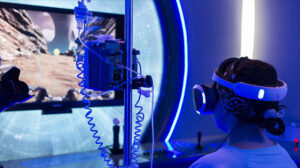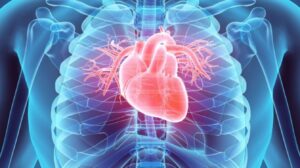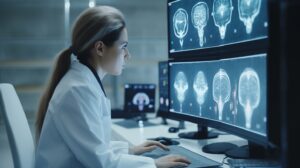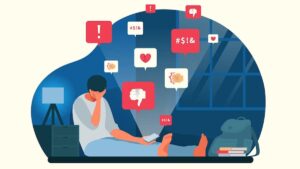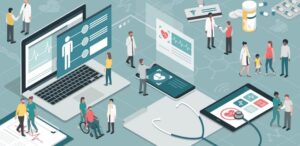Artificial intelligence: the intelligent companion for doctors
New technologies are providing doctors with powerful tools to streamline and improve the diagnostic process. Machine learning algorithms aid in the analysis of large amounts of medical data. In turn, it helps in the detection of subtle patterns or anomalies that may go unnoticed by humans.
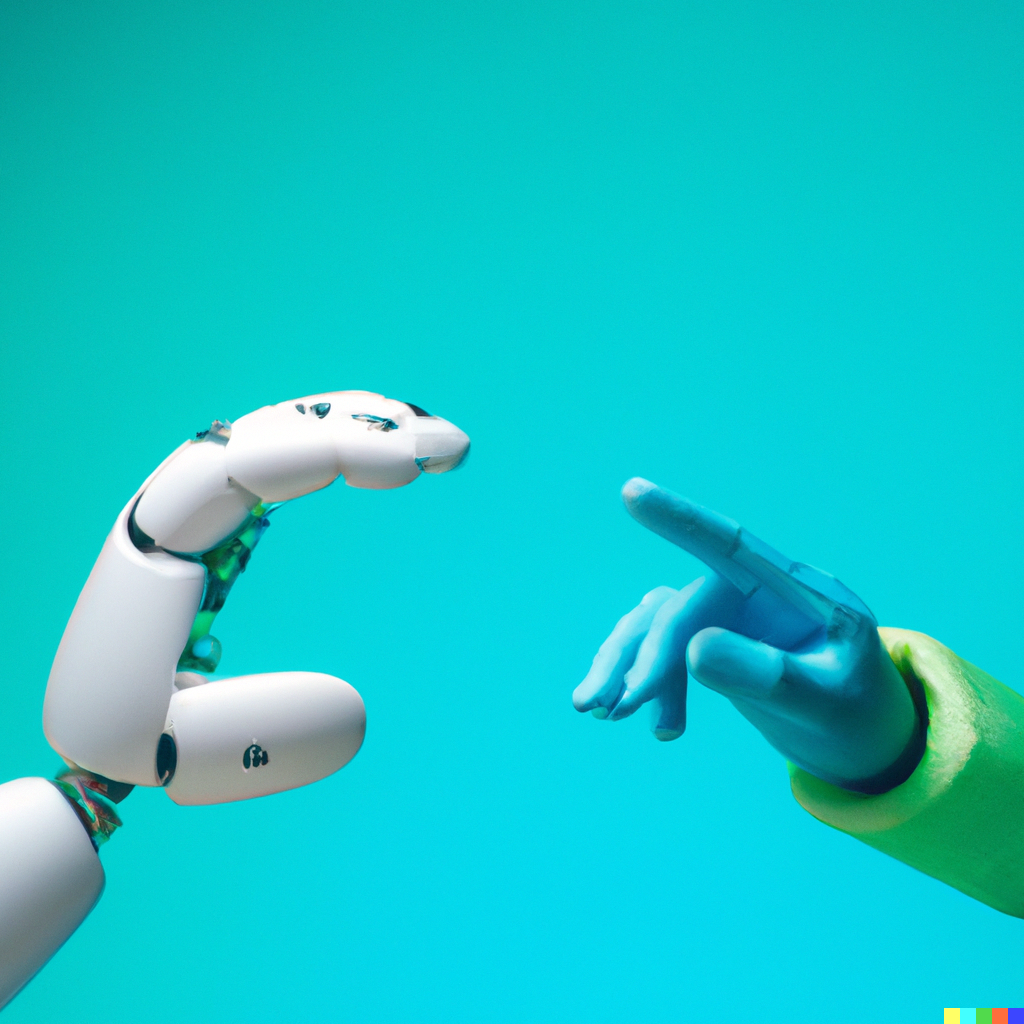
Artificial Intelligence has shown great potential in transforming a variety of fields, including medicine. These advances have provided valuable assistance to doctors, helping to diagnose diseases, design personalized treatment and improve care and the overall medical experience.
New technologies are providing doctors with powerful tools to streamline and improve the diagnostic process. Machine learning algorithms aid in the analysis of large amounts of medical data, such as images from MRIs, X-rays or medical records. In turn, it helps in the detection of subtle patterns or anomalies that may go unnoticed by humans. This, as we have discussed in several articles, allows for a much more accurate and earlier diagnosis, thus improving survival rates and patient prognosis. Efficiency is improved through AI-powered chatbots responding to frequently asked questions from patients where they generate answers about symptoms and medical conditions. This helps doctors in terms of reducing workload, allowing concentration on more complex and urgent cases. Record systems streamline access to and organization of patient information, improving coordination between different healthcare professionals and reducing medical errors.
In this case, we will show two examples of software that use artificial intelligence to collaborate with the healthcare professional. In Brazil, 3 WINGS has been developed: this is a management platform that is made to reduce hospital costs and increase operational efficiency that improves the experience of patients and the productivity of professionals. The “Digital Concierge” promotes a different and improved experience through the chatbot where the hospitalized patient, or even their companion, can request hospital services autonomously through automatic requests. This real-time management ensures that the quality standard is maintained regardless of the time or presence, that it is known exactly how many employees are required and where, enhances the knowledge of the processes and streamlines communication and care, increasing patient satisfaction and reducing costs. This platform enables real-time management of services and activities that connects people, processes and technology in an intelligent, systemic, intuitive and dynamic way through centralized management, dynamic and predictive data and operational intelligence.
On the other hand, there is ODIGGO.IA which provides customer care and process automation solutions. It uses advanced NLP (natural language processing) and machine learning techniques to enable chatbots to understand and respond. The tool helps doctors to have everything stored in a single space to facilitate their work and be able to focus on more patients at once in a more organized way, saving approximately 3 hours of work per day.
